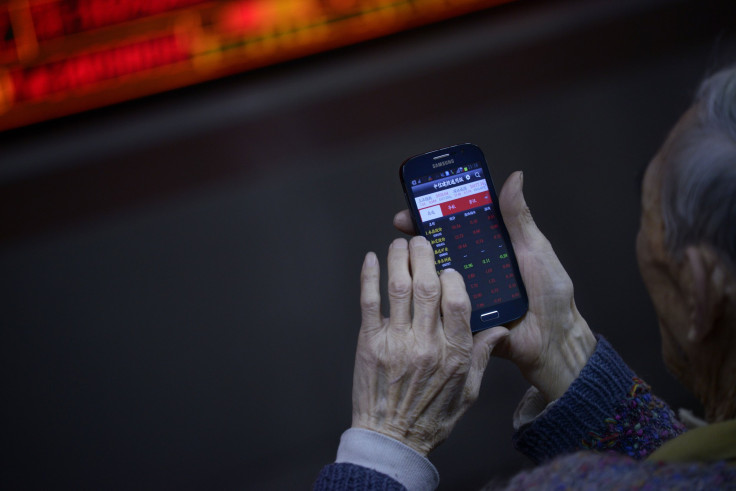Emerging Markets Have Left Pain Behind, Positioned To Outperform: NEPC

Emerging markets, particularly China, offer an attractive medium-to-long term investment opportunity across all asset classes, Tim McCusker, the chief investment officer at NEPC, told International Business Times.
He expects the emerging markets to pivot to a better economic environment following years of pain, while his optimism on China is based on the country opening up its capital markets and its focus on artificial intelligence.
McCusker sees the opening up of China’s capital markets as a medium-to-long-term investment opportunity. NEPC generally takes a 5-7 year view for investments, which is its medium-term view. Its long-term view looks ahead 20-30 years.
“When we think of the size of China in the global economy and as those capital markets continue to not only open up but also expand and develop, we think that's a great investment opportunity for our clients -- so a big area of focus for us is going over to China,” he said.
Earlier in the week, BMO Wealth Management’s chief investment strategist, Yung-Yu Ma, said U.S. and emerging market equities, primarily China, hold promise as developed markets outside the U.S. have lost their sheen.
Also for China, artificial intelligence (AI) holds promise in the medium-to-long term. “I've done a lot of work on artificial intelligence as a megatrend and something that is going to influence our economy, our society, our markets for a very long time,” he said.
China aims to be a global leader in artificial intelligence by 2030. In 2018, AI spend in China increased 69.1 percent, reaching $2,850 million, according to a report by ResearchAndMarkets.com. Spend on AI is expected to reach $20,051.7 million by 2025, from an expected $4,234 million in 2019. China’s “Next Generation Artificial Intelligence Development Plan” laid out in 2017 targets a domestic AI industry worth almost $150 billion by 2030.
While a breakdown in the trade negotiations between China and the U.S. would hurt the Asian giant, McCusker says it would benefit other emerging market economies. He sees countries surrounding China well-positioned to capitalize on this opportunity of fulfilling demand in the world’s largest economy.
The investment consulting firm has been overweight on emerging market equities, local currency, and debt for several years. McCusker said the prospect of an increase in gross domestic product, expanding middle-class and an overall increase in consumer spending make emerging markets an interesting opportunity.
He pointed out that emerging market countries have already gone through major adjustments -- from overvalued currencies and balance of payments to challenges in foreign capital. “They've been through the painful adjustments and are now much better positioned to outperform.”
“I think what's happening in markets is they're extrapolating the last few years of pain and expecting that to continue, whereas we would expect more of a pivot to a better economic environment for those countries.”

For the short-term, McCusker said sectors focussed on consumers and commodities are likely to benefit. “We're in the late [economic] cycle and you would expect inflation to be on the rise, you expect commodity prices to be increasing, so commodity-based sectors in the emerging markets where a lot of these commodities are, could stand to benefit in the near term.”
But McCusker noted: “We don't want to be taking really big bets in a late cycle environment where there are many different directions that the economy could go from here.”
McCusker expects a modest return premium for small-cap versus large companies over the medium term. “I'd say we're roughly at neutral there and so we'd look to be about market weight in small caps, maybe just moderately overweight.”
“We would have small-cap allocations in our portfolios including in emerging markets where we think there's some benefit having small-cap exposure and that's something that is sometimes underrepresented in portfolios,” he added.
McCusker’s advice to investors is to be watchful and be aware that volatility could be here to stay. “We ended the year with everyone talking about volatility -- all of a sudden because in December volatility was back. It seemed like it might be there for a while and very quickly that eroded, and we're sort of back into a low volatility environment.”
“I guess the important thing for investors to keep in mind is just vigilance that this low volatility world continues indefinitely and maybe the next little shock that we get, like December, that the ball stays with us for longer,” McCusker said.
© Copyright IBTimes 2024. All rights reserved.




















